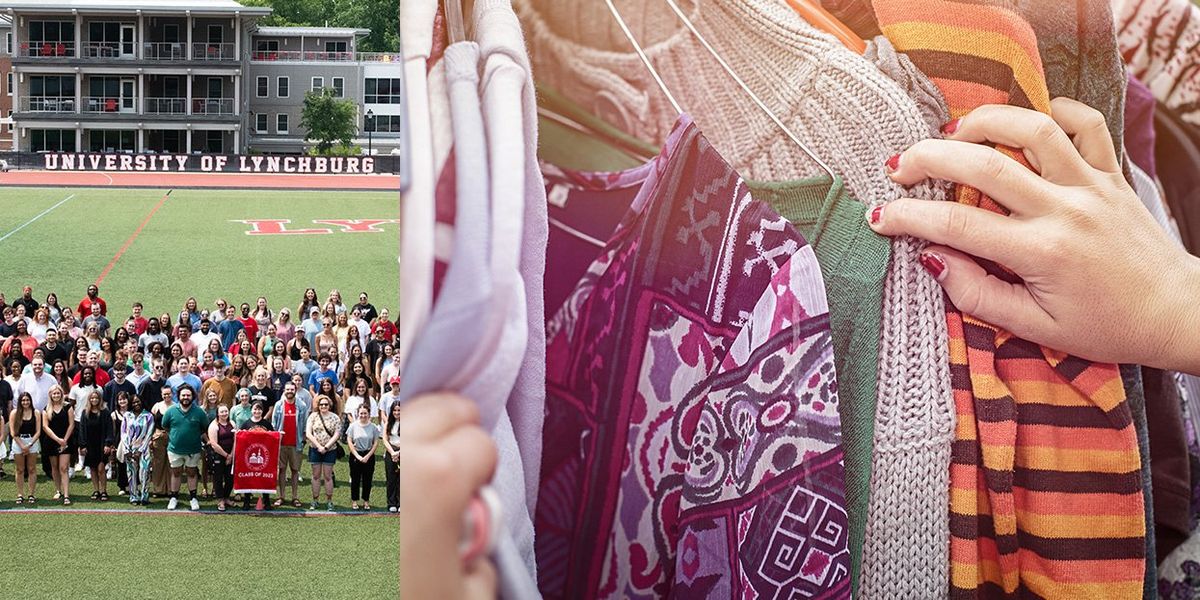Transgender people looking to change up their wardrobes are often met with financial barriers. At a private college in Virginia, LGBTQ+ students are working to break down those walls with a no cost food and clothing pantry.
Dell Thrift and Pantry at the University of Lynchburg provides free clothing, including binders, for members of the community, as well as nonperishable food. While it is geared towards transgender and gender-nonconforming pupils, all students and staff are welcome, 24/7.
The pantry opened in September after receiving a grant of $1,600 in startup funds from the university’s Innovation Collaborative program. It is manned by 20 volunteer students, and accepts clothing donations from its patrons, as well as monthly food donations from the Park View Community Mission and the Blue Ridge Area Food Bank.
Dell Thrift and Pantry also features a fund specifically for binders, which can be requested through a QR code on the bulletin board outside the shop. Patrons can fill in their information and receive one in their mail, delivered discretely.
Quality binders are often expensive, and using cheap ones can have adverse health effects. The binders provided by Dell Thrift come from GC2b, which are not only designed with safety in mind, but also created “by trans people, for trans people,” according to their website.
read more: https://www.advocate.com/news/transgender-nonbinary-thrift-fashion-virginia



Its because they dont want to out people on accident.
I think I’m misreading the article… I’m under the impression, based on how this is written, that they don’t have any binders in the store, and the context of my entire comment was based on that :)
It’s not all binders are secret squirrel mode I take it? It’s just an alternative option and they have some there?
Binders can be dangerous if they’re too tight, low quality or worn for too long. Good ones can be kind of expensive.
The article mentioned that they have a fund specifically for binders, probably because they don’t want to risk accidentally selling someone an unsafe binder.